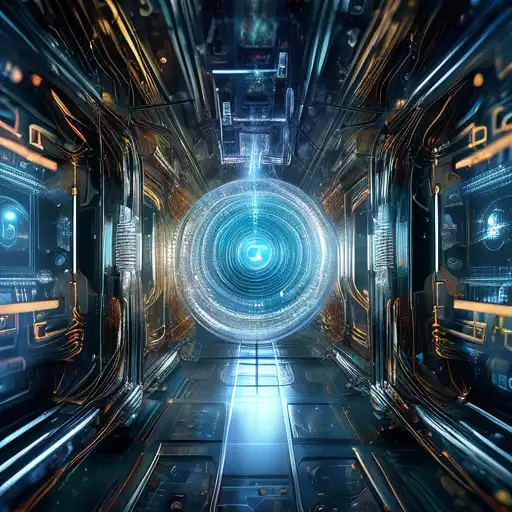Introduction to Quantum Computing
Quantum computing represents a monumental leap forward in our ability to process information. Unlike traditional computers, which use bits as the smallest unit of data, quantum computers use quantum bits or qubits. This allows them to handle complex calculations at speeds unimaginable with today's technology.
How Quantum Computing Works
At its core, quantum computing leverages the principles of quantum mechanics, such as superposition and entanglement, to perform operations on data. Superposition allows qubits to be in multiple states at once, while entanglement enables qubits that are separated by vast distances to be interconnected.
The Potential of Quantum Computing
The implications of quantum computing are vast, with potential applications in cryptography, drug discovery, financial modeling, and more. For instance, quantum computers could revolutionize the way we encrypt data, making current encryption methods obsolete.
Challenges Facing Quantum Computing
Despite its potential, quantum computing faces significant hurdles, including error rates and qubit stability. Researchers are actively working on solutions, such as quantum error correction, to overcome these challenges.
Quantum Computing vs. Traditional Computing
Quantum computers are not just faster versions of traditional computers; they represent a fundamentally different approach to processing information. While traditional computers excel at tasks like word processing and web browsing, quantum computers are designed to solve complex problems that are currently intractable.
Preparing for a Quantum Future
As quantum computing continues to evolve, businesses and governments must prepare for its impact. This includes investing in quantum research and developing strategies to integrate quantum computing into existing systems.
Conclusion
Quantum computing holds the promise of solving some of the world's most complex problems. While there are challenges to overcome, the potential benefits make it one of the most exciting areas of technology today. The future of processing is quantum, and it's closer than we think.
For more insights into the future of technology, explore our technology trends section.
